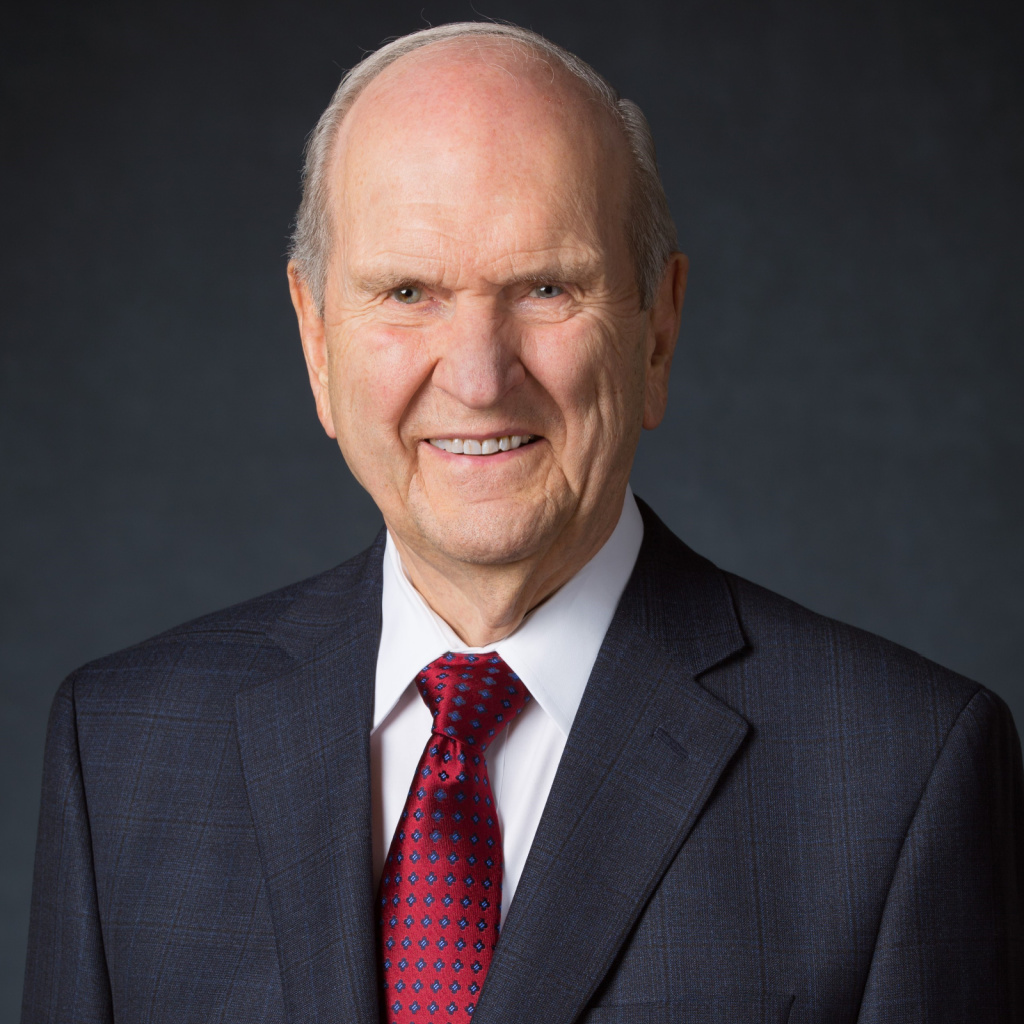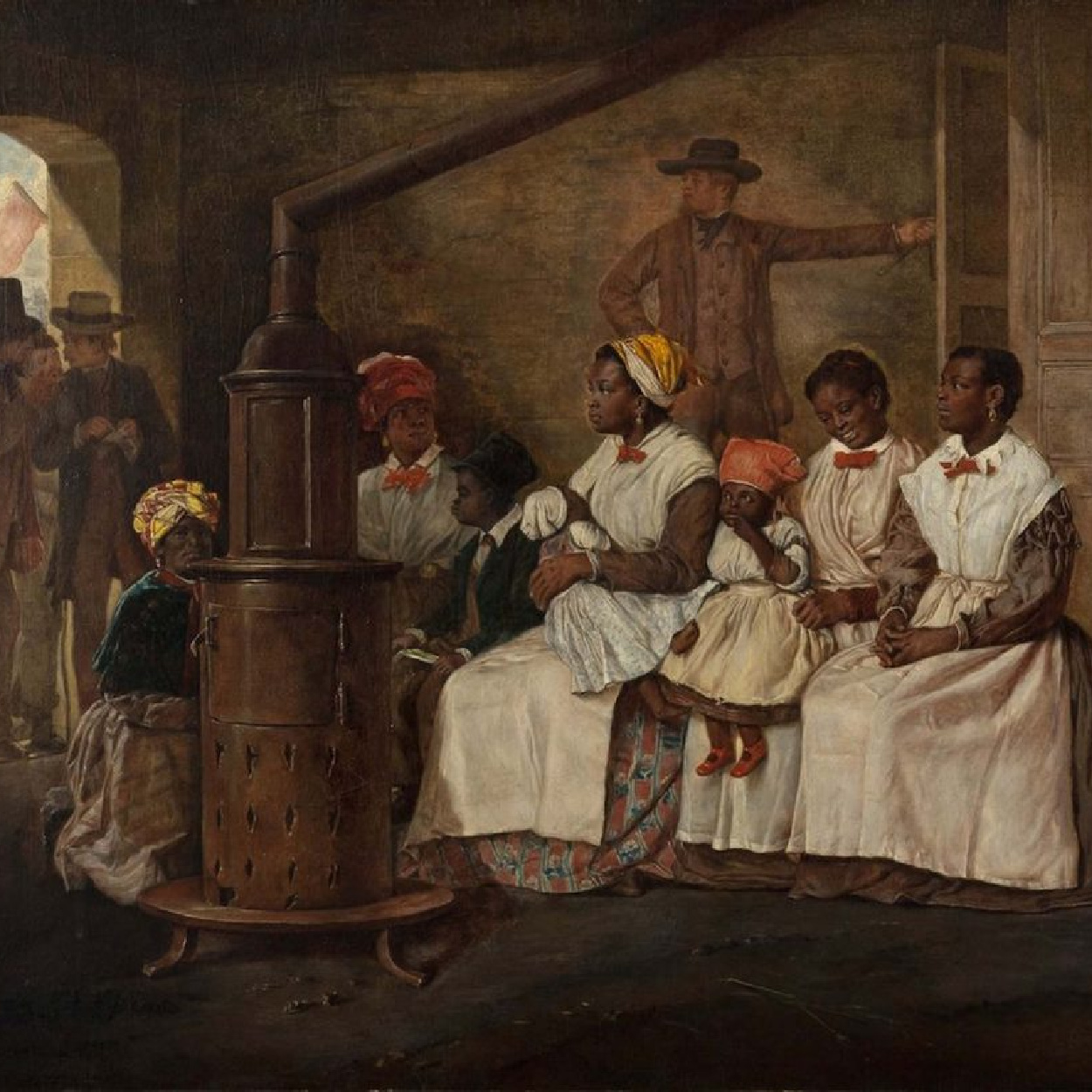
Visible Identities & Invisible People
It seems at times that American discourse is so engrossed in the intersectional categories of people (e.g., “that gay BYU student”), that we hardly see the unique person underneath the label anymore.

It seems at times that American discourse is so engrossed in the intersectional categories of people (e.g., “that gay BYU student”), that we hardly see the unique person underneath the label anymore.

A new letter from the First Presidency has opened up many conversations about the reasons and universality of following prophetic counsel. But prophetic counsel is meaningful because it can stretch us in new and unexpected ways.

It’s not just folks on the political left who we’d love to go deeper in exploring meaningful questions. These are some of our questions for brothers and sisters on the political right as well.

An open letter to Pro-CRT Latter-day Saints at BYU and beyond—inviting a good-faith dialogue that honestly engages some of our meaningful disagreements.

When someone is harming others’ faith, is it “spiritual violence” to excommunicate them? Or not to?

It’s unethical to enact laws that take for granted that the evident purposes of one’s sex-specific embodiment are incidental to human happiness.